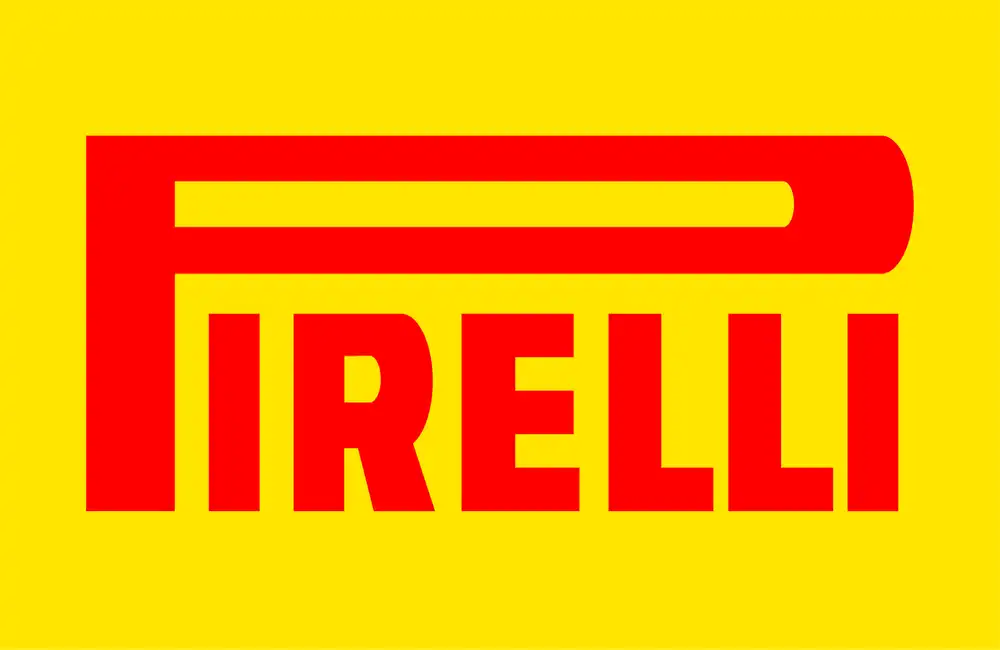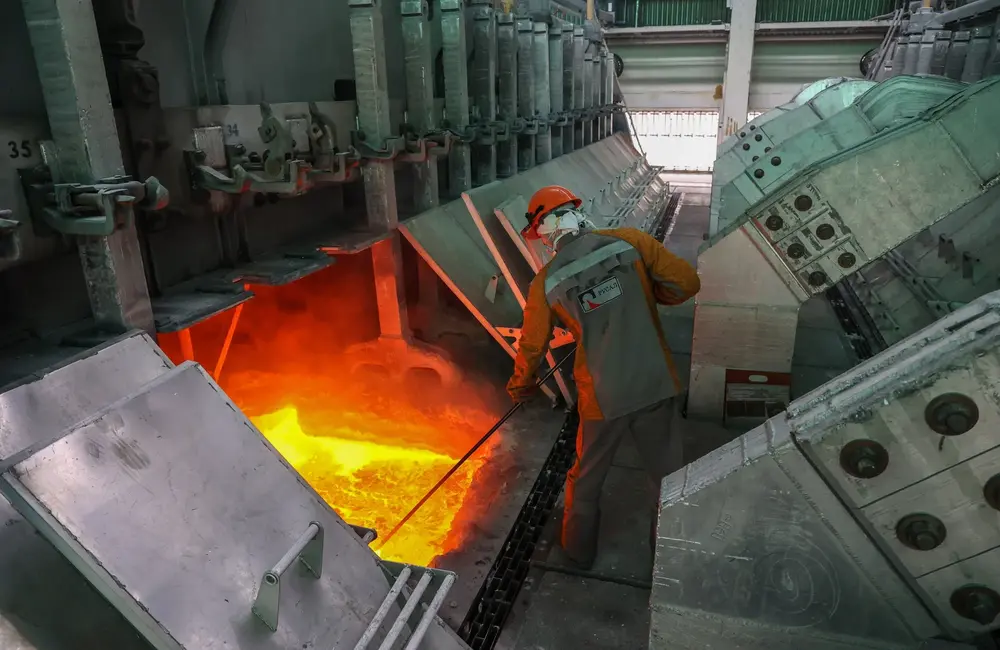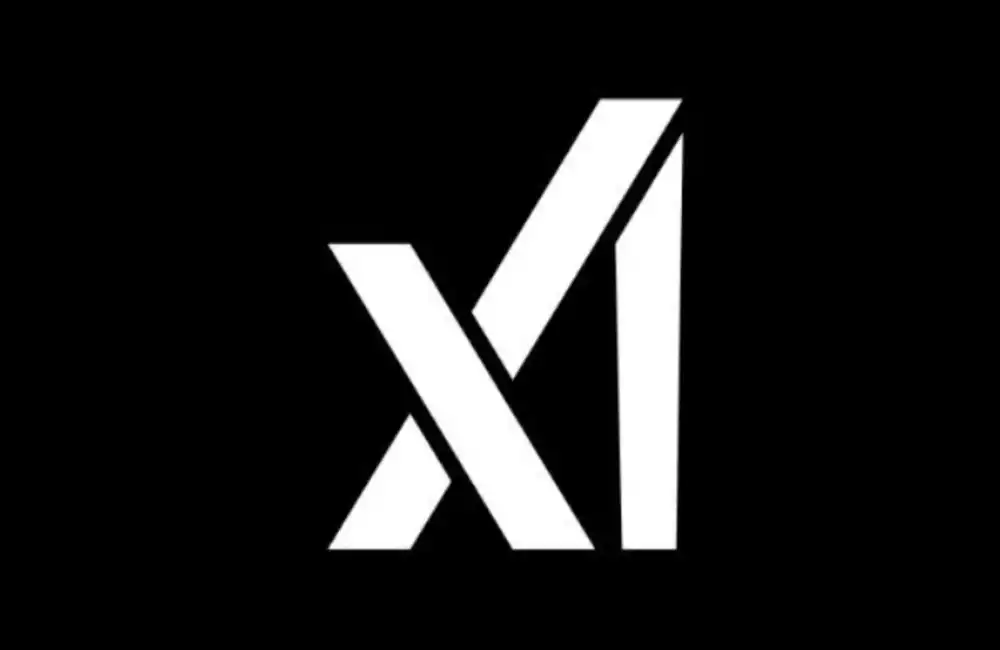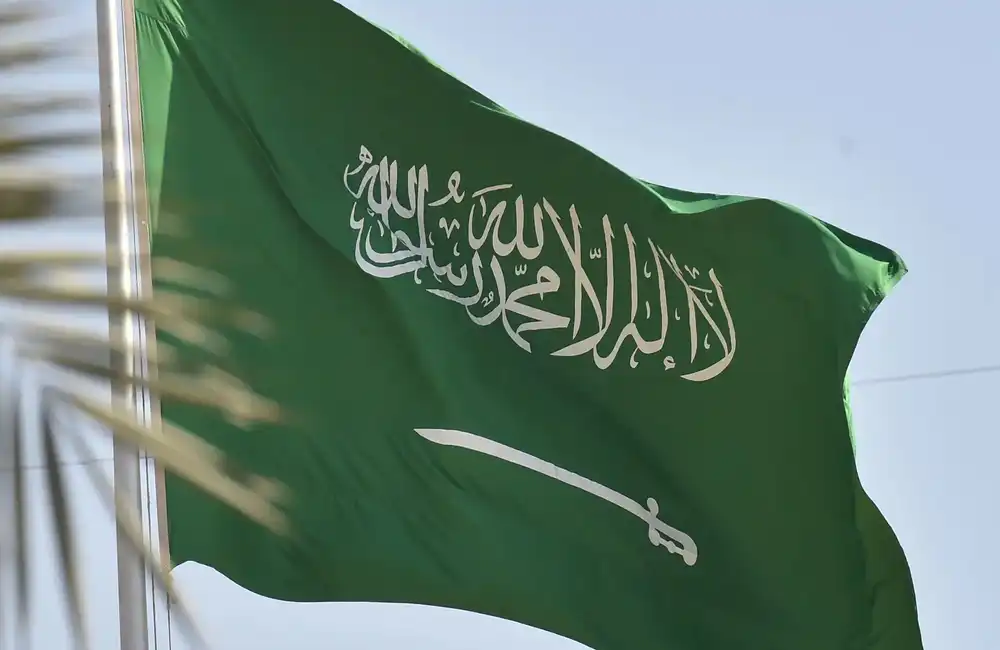Aluminum and nickel were still leading the metals price charge on March 1 with average monthly gains of around 7% through February -- as market participants sought to establish how the exclusion of some Russian banks from the SWIFT international payments system might impact supplies.
Russia is a key producer of both metals.
London Metal Exchange three-month spot aluminum was quoted at $3,461/mt at 12:58 London time March 1, up 2.8% from the previous day's close; with three-month spot nickel also up 2.3% at $24,780/mt.
Aluminum hit an all-time $3,525/mt Feb. 28, shortly when nickel breached above $25,000/mt.
It was not yet clear whether sanctions related to SWIFT would apply to all metals trades, amid a barrage of sanctions imposed by the U.S., EU, UK and other Western allies against Russian entities after the country invaded Ukraine on Feb. 24. The US Treasury on Feb. 28 exempted energy trades from these sanctions until June 24 as part of efforts to ease energy price inflation.
Market assessments of the situation were mixed.
“While a select few Russian banks have been removed from the SWIFT system, we anticipate that payments to the primary metal producers will continue unhindered,” an international trading house told S&P Global Commodity Insights. “This will be through the remaining Russian banks or international branches of the Russian banks. Fortifying that the large metal producers like Rusal, Norilsk Nickel, etc. have offshore treasury systems as well."
A second diversified trading house stated Russian banks’ exclusion from SWIFT “cuts off access to funding and access to liquidity it’s going to make it very hard to do business.”
Top trader Glencore declined to comment.
A spokesperson for Sberbank “was not ready to speak on any punishment.” Shares of Russia's largest bank plunged in London trading Feb. 28.
On March 1, the UK's Financial Conduct Authority temporarily suspended trading in securities of JSC VTB, an India-owned subsidiary of Russia's second-largest bank, VTB. Trading in one of the bank’s subsidiaries, on the London Stock Exchange, was halted Feb. 25.
UBS, which revised higher its forecast aluminum target price to $3,500/mt (up from $3,300/mt) and nickel to $26,000/mt (up from $24,000/mt), observed that Russia’s invasion of Ukraine had further intensified the inverse relationship between commodities, including metals, and equities.
“Commodity markets have gone in the opposite direction of global equities in the current year. The increase in prices for commodities has been widespread, not just in the energy sector that has received the most market attention,” the bank’s analysts said in a report published March 1.
Aluminum Upside
“The prospect of the cancellation of SWIFT payments for aluminum will compound the difficulties of moving material out of Russia, and as a result, we will see more upside on the Rotterdam premium, but I don't see it priced in yet,” a trader who works with a Swiss-based firm said.
Sanctions, everyone fears, may add further pressure to aluminum inventories. That is close given recent restrictions imposed by China on coal-based energy on smelters, which, because of this and rising demand, the International Aluminium Institute produces significant levels of output compared annually over the past three months.
“The Russia-Ukraine conflict puts ~5%-6% of the world’s aluminium and nickel supply at risk, through possible sanctions imposed on Russia,” CBA analysts wrote in a March 1 report. “Aluminium markets were tight even before the conflict, as supply was cut in China as policymakers moved to reduce emissions. Higher energy-led production costs in Europe also supported prices. You are not going to sanction Russian aluminium exports directly, it's not going to happen, but sanctions on individuals near Putin could directly hit the country's output of aluminium.”
The announcement in April 2018 of the sanctions on Russian billionaire Oleg Deripaska, which saw Russia's Rusal -- the No.2 producer of aluminium globally by volume -- house its prices for the metal jump 30%, the CBA said.
European Aluminium, an industry association based in Belgium, said it was studying the new sanctions and their impact on the European aluminum value chain.
Russia accounts for 15%-20% of the EU's annual metals imports. Designed with a robust domestic production and recycling base and a diversified international supply network, European Aluminium’s members are favourably positioned to fulfil Europe’s demand for our metal.”
“However, the latest crises and other recent crises have shown us one thing: Whether on energy or raw materials, the EU cannot build its economic and sustainability aspirations with import dependencies.” We urge EU policymakers to ramp up the EU’s work towards a solid industrial strategy that integrates the EU’s 2050 sustainability leadership ambition alongside coherent and relevant trade defence and strategic autonomy policy instruments.”
The EU traditionally imports approximately 1 million mt/year of aluminum from Russia, mainly raw material and aluminum products.
In other news, the London Metal Exchange said it would take action to ensure no breach of sanctions takes place in LME metal trading. The LME and LME Clear have no Russian entities as members, it said in a note to the market. An aluminum alloy brand, URV, made by TPK Urksplav Ltd. in the non-government-controlled east of Ukraine, is suspended and has no stock on the LME warrant.
Nickel Stocks Falling
ING Economics cited reports that nickel logistics from Russia have been slightly affected Feb. 28 amid a refusal in the shipping industry to move Russian metals. A major supplier is Russia’s Norilsk Nickel.
“Nickel markets were, however, better positioned than aluminium before the conflict, with an expected return to surplus conditions dominated by rising supply from Indonesia,” said CBA analysts.
“Where deficit conditions are an issue is Class 1 nickel markets (i.e., high purity nickel which is appropriate for the battery market), where, in particular, LME nickel reserves have been declining since last April. Russia exerts great influence over the Class 1 nickel markets, with Class 1 nickel production from Russia representing roughly 17% of production. At this stage, sanctions on nickel also appear unlikely.”

















